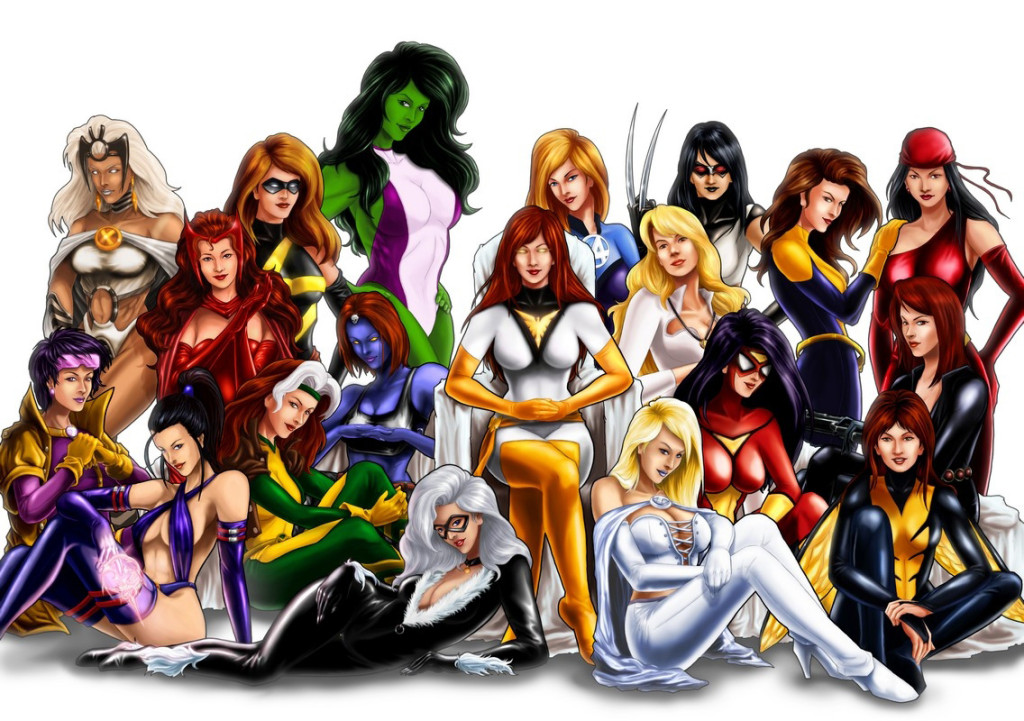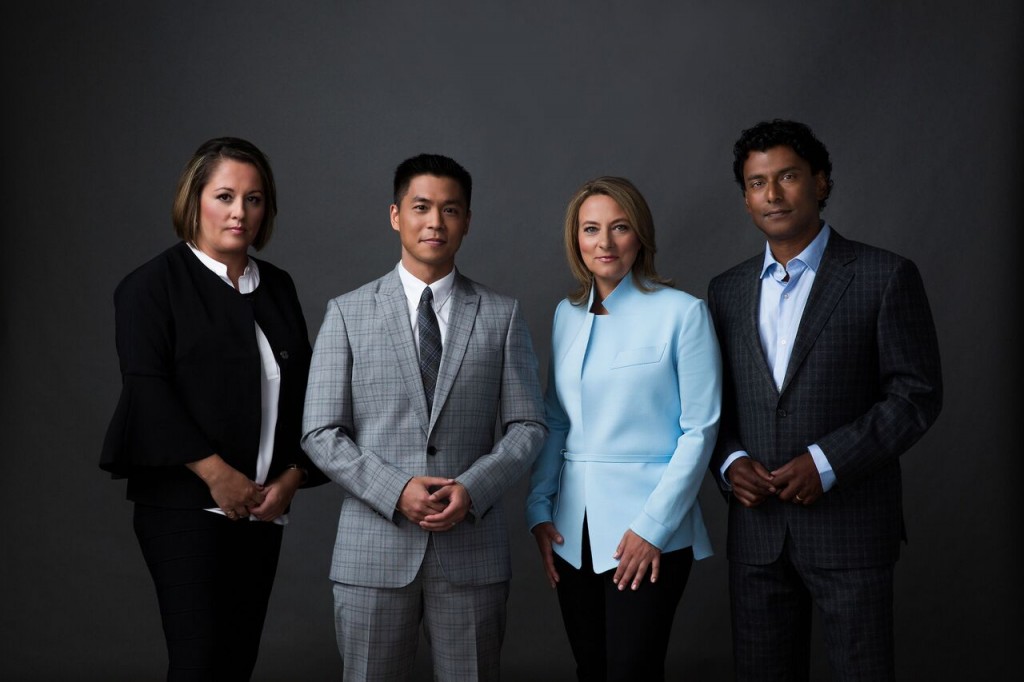The film industry, female empowerment, and superheroes—or lack thereof
By Natalie Serafini, Assistant Editor
When I was a child and Catwoman came out, I was ecstatic. Eleven-year-old me watched the movie several times, thrilled by the fact that this woman was avenging herself, kicking ass, and taking names. It wasn’t until I was a few years older that I realized it was a travesty of a movie. I can only excuse my brief hero-worshipping because Catwoman was a drop of water in an otherwise arid desert—and it still is.
The examples of female superhero movies are few and far between. There are movies with strong female leads who verge on being superheroes, like Uma Thurman’s Kill Bill or Natalie Portman’s V for Vendetta. There are superheroes of bygone years, like another Catwoman (played by Michelle Pfeiffer in ’92). Ensemble films feature female heroes, like the X-Men franchise with its various female mutants, or the Fantastic Four films with Sue Storm (Jessica Alba). Even more astonishingly, said character might be enigmatic and complex; Catwoman’s more recent incarnation in the The Dark Knight Rises, with Anne Hathaway purring away as the feline fatale, comes to mind.
Yet, even with the indications that female-led films put asses in the seats (as evidenced by Jennifer Lawrence’s performance in The Hunger Games films), and the cult-like adulation of powerful female characters (e.g. Sarah Michelle Gellar in Buffy), female superheroes are a rarity; and the list of them is pretty abysmal.
There are glimpses of successful, female superhero franchises: Wonder Woman was the focus of a TV show from 1975-79; was meant to be reincarnated in a TV show reboot which never came to fruition; is the titular subject of Kristy Guevara-Flanagan’s documentary, Wonder Women!, to be shown at the BFI on International Women’s Day; and Gal Gadot is reported to be starring as Wonder Woman in Batman vs. Superman.
All the attention on Wonder Woman is great!… but where have all the other female superheroes gone? The calls for more of such productions are out there, as both Esquire and Newsarama.com list the top 10 female superheroes who should get their time on the big screen.
The easy excuse is that female superhero films don’t do as well at the box office. You only have to compare Catwoman (with a worldwide gross of $82,102,379) with 2004’s Spider-Man 2 (worldwide gross of $783,766,341) to know that’s true. The easy answer to that easy excuse, though, is that you get out what you put in. Produce a bad movie and you’ll get bad turn-out. It’s elementary.
Part of the issue with these films is that they lean so heavily on archetypal characters. The female superheroes represented are often homogenized to the point where if you were to remove their powers, characteristic quirks, and costumes, you might not even be able to differentiate them. They’re sassy but in a vaguely psychotic way, so their power is largely in their erratic unpredictability; they’re simpering; their one-liners aren’t particularly biting; and they might not need a man, but you get the impression that they lack the capacity to share their life with anyone. With the film industry generally handling female superheroes in this manner, it’s no wonder the movies get left in the dust.
The superhero is the perfect specimen. Superheroes are paragons of virtue, strength, and intelligence, yet women generally aren’t afforded such a representation on the silver screen. That’s why you end up with 11-year-olds thinking Catwoman is a good movie or, God forbid, an ideal role model.
I like the idea of future generations of girls not having to hunt down examples of female empowerment. I’ll grant you that female superhero films, comic books, video games, and the likes aren’t the only avenues for empowerment—but right now they aren’t avenues at all, they’re more like dead ends. This isn’t because women aren’t capable of carrying the titular role; this isn’t because there aren’t enough filmmakers or financial backers who could bring a female superhero to cinematic life; this isn’t because people don’t go crazy for superhero films. It’s because the film industry doesn’t know what to do with female superheroes.


